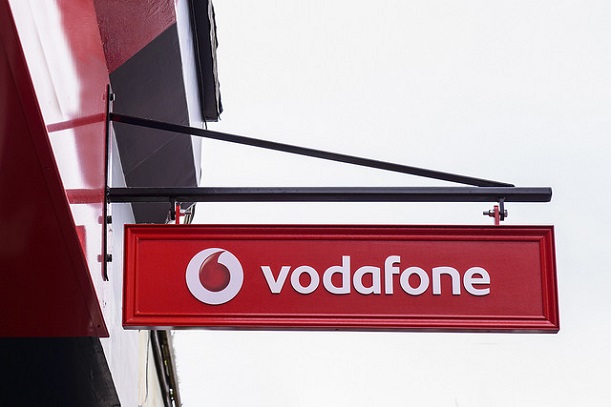Vodafone UK has started testing Ericsson’s Radio Dot System, with a view to using the small cell technology to improve indoor coverage.
The operator is running different office deployments and scenarios at its London Waterloo office with a view to trial the system with its corporate customers at a later date. It said the technology will complement its 800MHz, which has greater penetration into office buildings that higher frequency spectrum.
Vodafone said by using the Dot system, handover between in-building small cells and the cellular network will be improved. It said this handover is particular complex because of the variety of different radio frequencies and protocols in use.
The operator said the Dot, which has already been deployed by its sister network in the Netherlands, reduces installation time and costs because it requires less internal wiring within a building.
Ericsson launched the technology in September 2014, in a bid to provide easier ways of improving indoor coverage.
Vodafone UK Chief Technology Officer Jorge Fernandes said: “With 70 percent of customers using their mobile device mostly indoors, we want to eradicate the frustration of losing a conference call or video streaming session when moving throughout a business park or leaving a music venue.
“Through our work with the world’s leading equipment and network experts such as Ericsson, we are taking a big step towards achieving that goal through this trial, the first of its kind in the UK.”
Speaking exclusively to Mobile Europe last month, Vodafone UK’s Head of Networks Petek Ergul said the operator was steadily improving its network performance after criticism from the Group’s CEO, as well as the UK’s regulator Ofcom.
She said: “It’s not enough to claim that you have certain coverage; you need to consider the lifestyle of your customer. What they care about, in my opinion, is rather than how fast your connectivity is, it’s whether you can continue to do what you want to do where you want to do it.”


